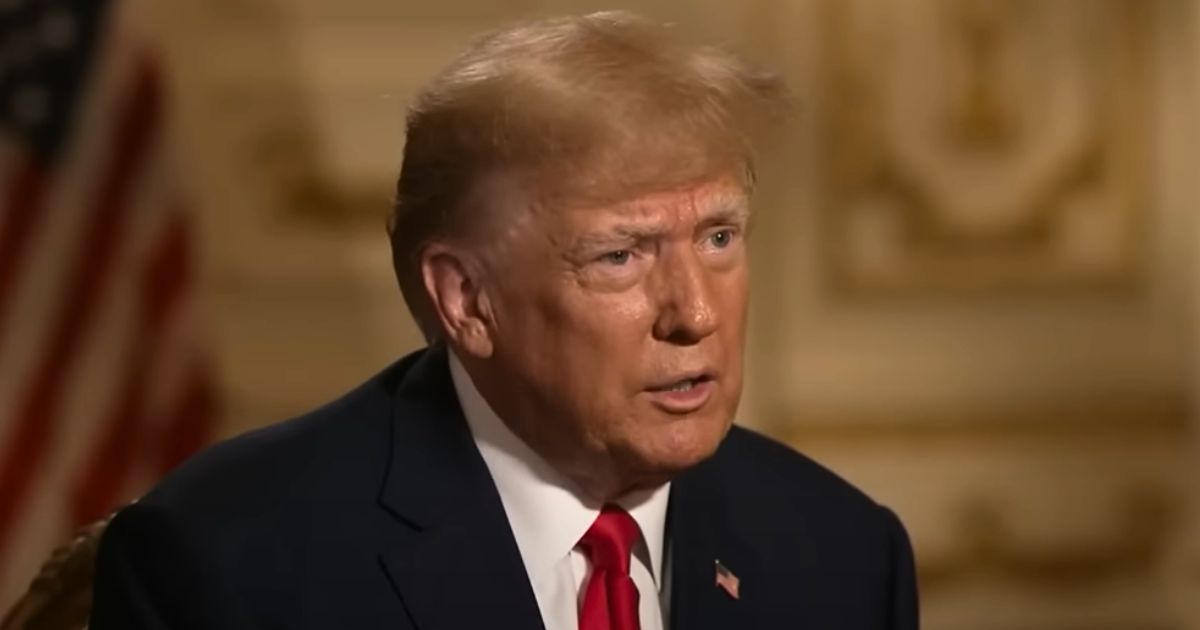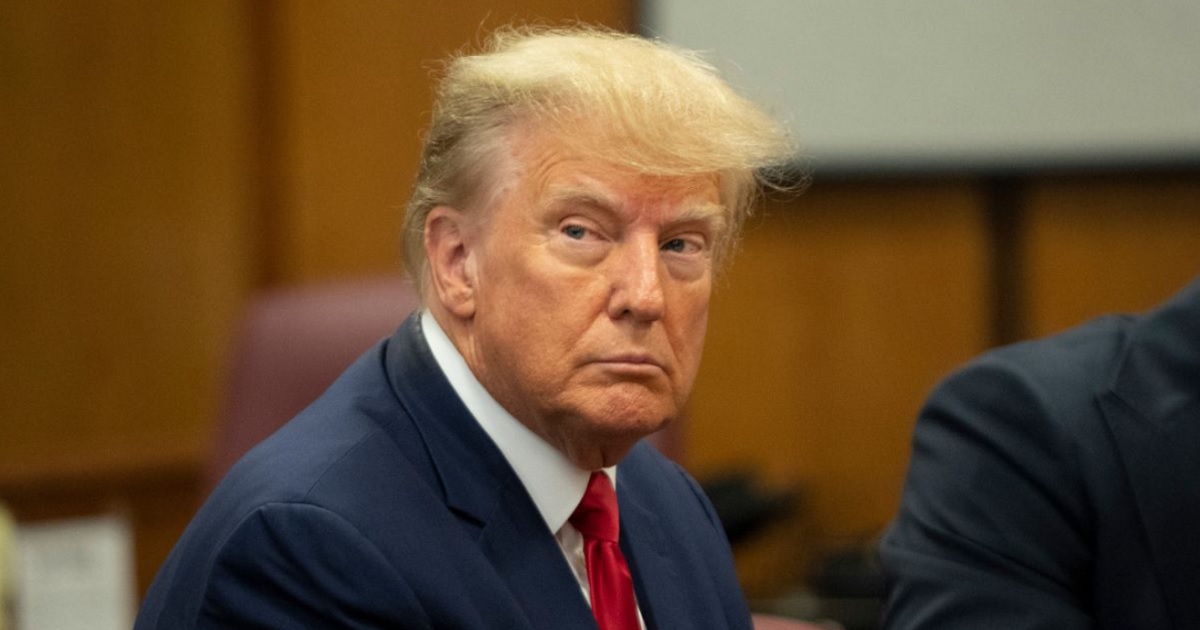Trump announces global tariff adjustments, UK's favorable rate
In a significant reshaping of U.S. trade policy, President Donald Trump has announced new tariffs that distinctly affect the European Union and the United Kingdom.
The U.S. imposed a 20% tariff on EU exports and, as Trump let slip, a notably lower 10% tariff on the U.K., prompting mixed international reactions and rapid trade negotiations, as Breitbart reports.
On Thursday evening aboard Air Force One, President Trump shared insights into his administration's latest trade strategy.
The U.S. has decided to impose a 20% tariff on all goods exported from the countries of the European Union. In contrast, the United Kingdom, which recently exited the EU, will face a more lenient 10% tariff rate.
Varied global responses emerge
These tariffs have not only influenced economic discussions but also led to varied political reactions worldwide. Most notably, the U.K. seems to have navigated these waters with some success, securing a lower tariff rate than its European counterparts.
This differentiation has sparked a dialogue about the potential benefits that might come from not being a part of the E.U. in current U.S. trade policy considerations.
Following the tariff announcement, President Trump expressed satisfaction with the outcome of his discussions with the U.K., stating they had "a very good dialogue going."
According to Trump, the British prime minister was "very happy about how we treated him on tariffs," appreciating the U.K.'s favorable positioning.
The strategic use of tariffs has been defended vigorously by President Trump. He views these levies as a crucial leverage tool in international trade negotiations. "Every country has called us, that’s the beauty of what we do, we’ve put ourselves in the driving seat," Trump remarked, highlighting the power dynamics shifting in favor of the U.S.
Diplomatic rationale behind tariffs
President Trump has tied the need for these tariffs to economic recovery imperatives. Describing the economy as "a terrible economy" inherited by his administration, he detailed significant manufacturing declines and plant closures that followed the North American Free Trade Agreement (NAFTA). With the tariffs, Trump suggests a strategic push towards revitalizing the country’s economic landscape.
"We’ve lost 90,000 plants since NAFTA… and about six million jobs,” Trump pointed out, depicting a dire need for aggressive economic policies like tariffs to prompt a turnaround. This approach is aimed at making the U.S. "a booming country" once more, he claimed.
The echoes of Trump’s tariff policy are being felt globally, with countries like Australia also scurrying to hammer out trade deals that would spare them from harsher financial impositions.
In Britain, there is a hopeful anticipation that negotiations could lead to an even lower tariff than the current 10%, potentially within weeks.
Role of internal U.K. politics on negotiations
The U.K. government, currently dominated by the Labour Party, has been under pressure both internationally and domestically.
While they are navigating these new tariffs, there’s also pointed criticism from conservative lawmakers. These critics argue that Labour's slow pace in securing a trade deal with the U.S. is a failure, overlooking the conservatives’ long-term inability to accomplish the same.
This environment of intense negotiation and criticism underscores the strategic complexity behind international trade agreements. The longer-term implications for global economic patterns and political alliances due to these tariffs remain to be seen.
With President Trump’s administration reshaping U.S. trade policies through tariffs, the global economic and political landscape is poised for significant shifts.
Countries are now compelled to reevaluate their trade strategies and economic forecasts in light of these changes.





